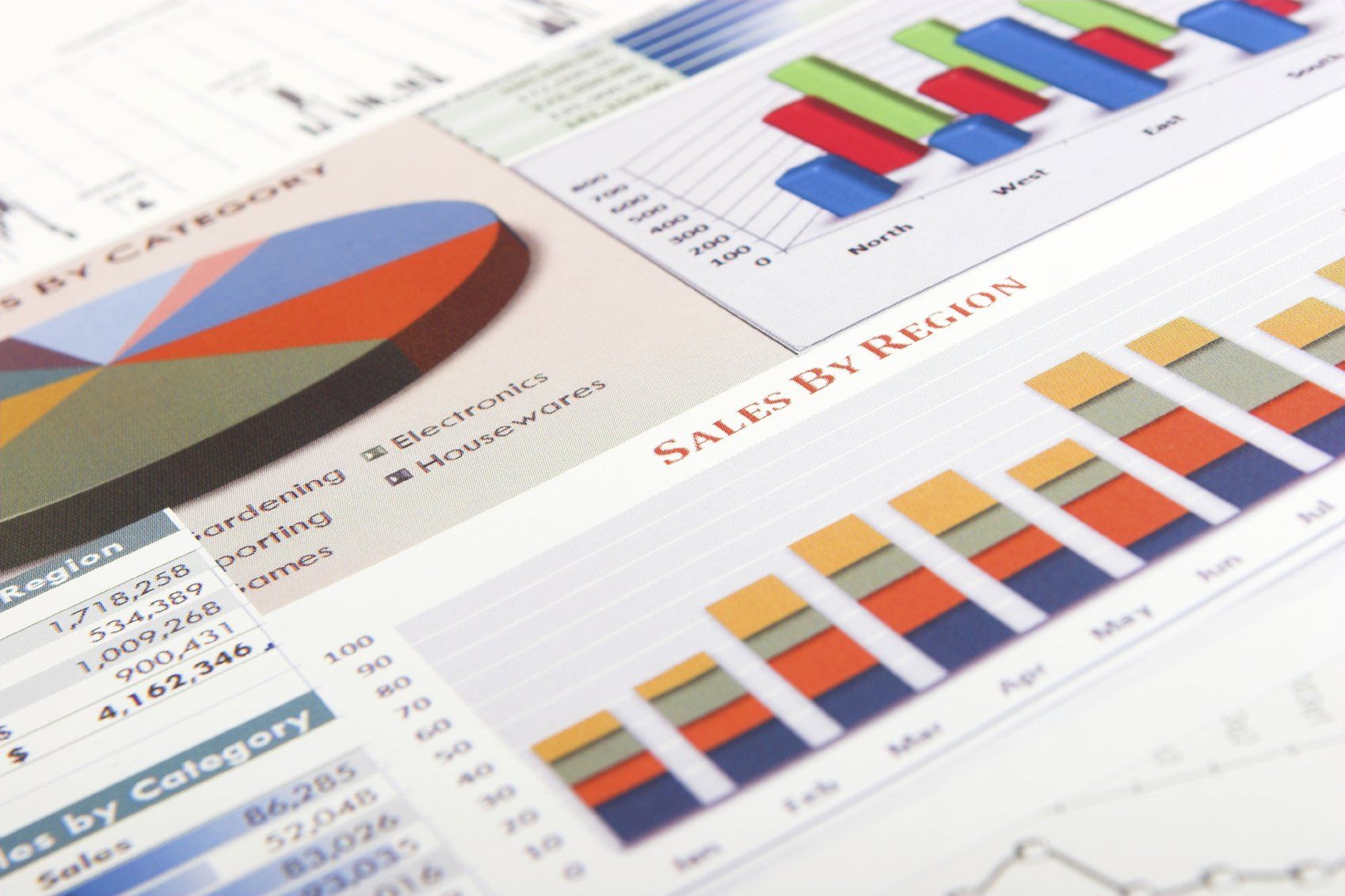Gender equality an uphill struggle at the Winter Olympics
Progress has been made but gender equality at the winter Olympics still has mountain to climb

At the 1964 winter Olympics in Innsbruck and the 1968 one in Grenoble, fewer than 1 in 5 competitors were women. It took thirty years for that figure to double to 36% (Nagano, Japan, 1998). By the time we get to Pyeonchang in 2018, we still only had 43% of competitors being women.
Why is the winter Olympics so gender imbalanced?
There are number of different reasons for the imbalance. Outdated attitudes to the role of women in sport - be there to crown the winner, rather than be crowned the winner - were endemic in winter Olympic sport (and more generally) throughout much of the 20th Century.
A lack of women's representation on the IOC until the early 1980s didn't help and some nations even today refuse to send women to the winter Olympics.
The IOC has been slow to introduce parity in the number of events competed for by women and men. Women's ice hockey was only introduced in 1998, women's bobsled in 2002 and ski jumping in Sochi in 2014. Unfortunately, there are still more events for men than there are for women in the winter Olympics programme (for example, there isn't a four person bobsled for women).
To be fair to the IOC, they recognise the issue and are taking steps to address the imbalance with member nations. As well as having more medal events at the games, they are introducing mixed gender events (there are four new ones in Beijing) and balancing the time given for men's and women's sports.
The question is are these steps enough?
The challenge for the IOC and member nations is to make sure that the 2026 Winter Olympics in Milan is the first to be gender balanced.
Is that asking too much?











